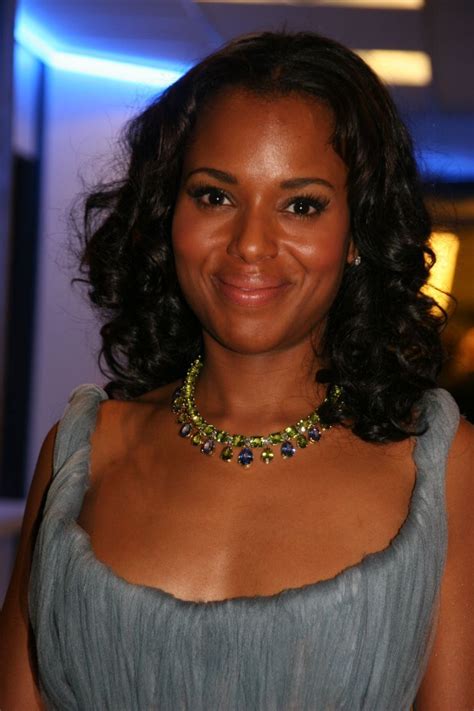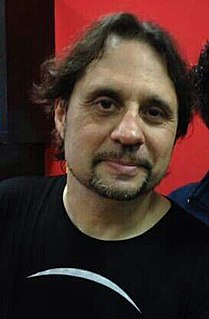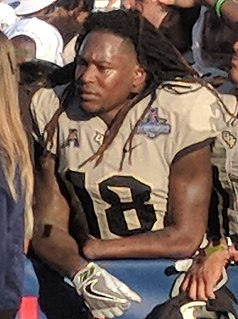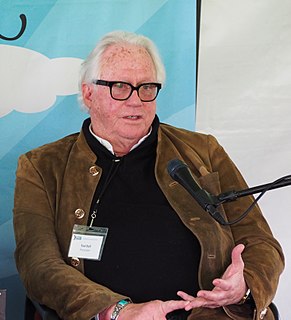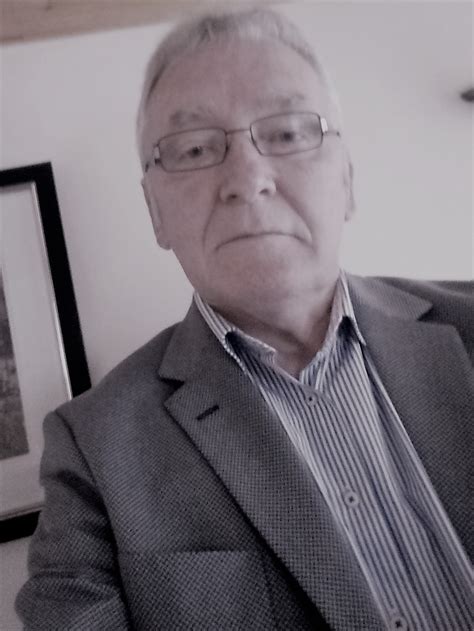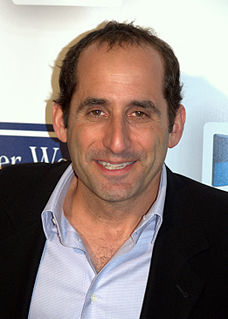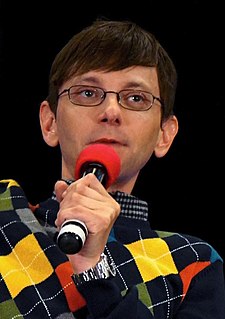A Quote by Clare-Hope Ashitey
Sometimes it's great when, you know, you're sitting down to watch a straightforward story, and you know how it's going to go, and you know how it's going to end. That's a fairy tale.
Related Quotes
Writing is something that you don't know how to do. You sit down and it's something that happens, or it may not happen. So, how can you teach anybody how to write? It's beyond me, because you yourself don't even know if you're going to be able to. I'm always worried, well, you know, every time I go upstairs with my wine bottle. Sometimes I'll sit at that typewriter for fifteen minutes, you know. I don't go up there to write. The typewriter's up there. If it doesn't start moving, I say, well this could be the night that I hit the dust.
I prefer to surprise myself as I'm writing. I'm not interested in it if I already know where it's going. So I have only the most general sense of what I'm doing when I start a story. I sometimes have a destination in mind, but how the story is going to go from Point A to Point Z is something I make up as I go along.
I think that knowing where you're going is important, and it's not like, when Robert says that, it's not like we know what every episode of the next five, four, five, six seasons of the show is going to be. I think Matt Weiner knew how Mad Men was going to end. Vince Gilligan knew how Breaking Bad was going to end. Marc Cherry knew how Desperate Housewives was going to end. Along the way, the process of crafting those stories ... You don't know what the road, what twists and turns that road is going to take to ultimately get you there.
I think that's a really important role that people sometimes forget about, especially with all these newspaper shutting down and having trouble, where are all these stories going to go? I think you have something really great with all those stories waiting to be told, but I just don't know how it shapes up exactly. I don't think there are going to be a lot of newspaper reporters sitting around not writing.
Miles Davis came in a couple of days and said, "Oh, man, I love that. Keep going." So he said, "Let me know when you need trumpet." And he came in, and he was sitting there, and I was very intimidated, because now he's going to play the trumpet on something that I wrote." He starts to play, and I go, "That's not right, but I don't know how to tell him it's not right." Finally he goes, "When are you going to tell me what to do?" He said, "This is your music. I know you know how it's supposed to sound. Stop fooling around. We don't have time."
Usually, you get a script and you have the whole story. All the acts are there, for a play. You know what happens in the first, second and third acts, and you know how it starts, where you go and where it finishes. [With American Horror Story: Asylum], it's a whole new experience. I don't know where it's going, and I don't know what's going to happen next. It's been an interesting way to work. It's made me work in a much more fluid, braver way, just taking every chance that comes along.
A film has a beginning, middle, and an end. There is a certain amount of time that you have to embody these people. You know the entire story arch. But on TV, you have to let your guard down. You don't know how long the show is going to last. There is this excitement that comes with developing a character long-term.
